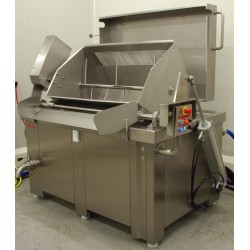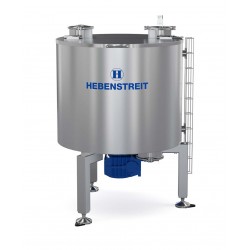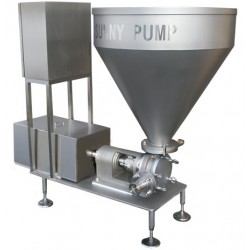Producing of the canned food
Canned food production involves several stages. Firstly, the raw materials, such as fruits, vegetables, or meat, need to be prepared for processing. This might involve washing, peeling, cutting, or cooking the ingredients. Then, the prepared ingredients are sealed in cans and sterilized to prevent bacterial growth. Finally, the cans are labeled and packaged for distribution to retailers.
During the sterilization stage, the cans are heated to a high temperature to kill any bacteria that may be present. This process can vary depending on the type of food being canned and the specific requirements of the manufacturer. Once the cans have been sterilized and cooled, they are inspected for quality and any defective cans are removed from the production line.
The type of can used for canned food production can also vary. Some cans are made of aluminum, while others are made of steel. The type of can used can affect the flavor and texture of the food inside. Additionally, some canned foods may contain added preservatives to further extend their shelf life.
Canned foods have many advantages over fresh foods, including longer shelf life and easier storage. However, they may have lower nutritional value than fresh foods, and some people may be concerned about the use of preservatives in canned foods. Overall, canned food production is a complex process that requires careful attention to detail to ensure the safety and quality of the final product.
The equipment needed for canned food production can vary depending on the specific type of food being canned and the size of the container. However, some common pieces of equipment include washing and sorting machines, cutting and slicing machines, can filling and sealing machines, and retort sterilization systems. Additionally, labeling and packaging machines are needed to package the finished product for distribution.

 English
English
 Deutsch
Deutsch
 Français
Français
 Español
Español
 Italiano
Italiano
 Português PT
Português PT











